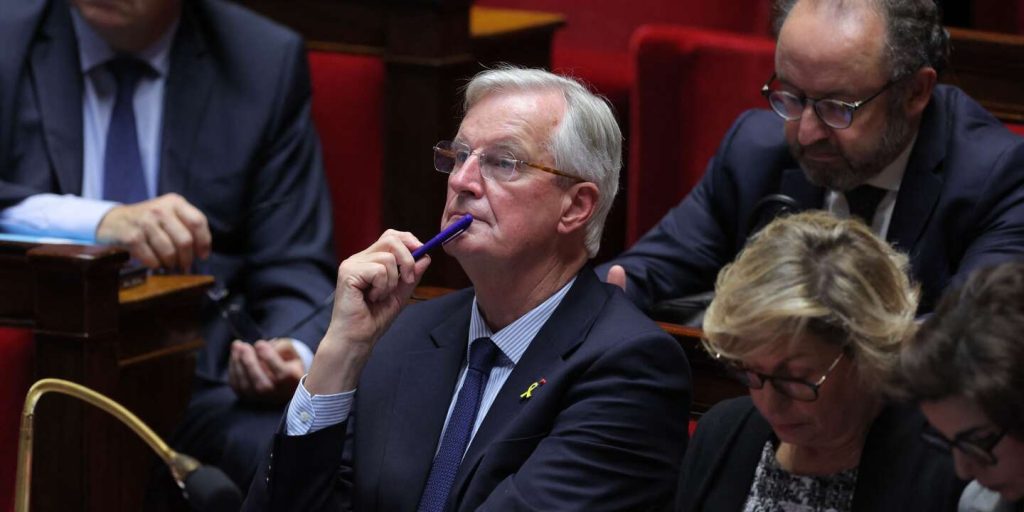The relationship between the government and local authorities is described as “very courteous” on the government’s side, but mayors perceive it as “strained” and “very lively.” Prime Minister Michel Barnier has been trying to establish a climate of trust between the state and local authorities for the past month, but discussions have become increasingly contentious. The government plans to make €60 billion in savings by 2025, with €40 billion in spending reductions, including €5 billion that will be required from municipalities, departments, and regions. The state will bear €20 billion of the burden, and the social security system €15 billion.
Local authorities are feeling the pressure of the government’s cost-saving measures, with mayors expressing frustration at the lack of consultation and communication from the central government. While the government pledges to engage in dialogue and maintain a respectful tone, there is a growing sense of tension among local officials. The proposed €5 billion in savings required from municipalities, departments, and regions is likely to have significant implications for local services and infrastructure, prompting concerns about the impact on the quality of life for residents.
Despite efforts by Prime Minister Michel Barnier to foster trust and cooperation between the state and local authorities, the reality of implementing budget cuts and cost-saving measures is straining the relationship. The government’s plan to reduce spending by €40 billion, including €5 billion from local authorities, has sparked backlash from mayors who feel that they are bearing an unfair burden. The government’s assurances of transparency and dialogue have not assuaged concerns among local officials, who fear the consequences of reduced budgets on the provision of essential services.
The allocation of budget reductions is a point of contention between the government and local authorities, with mayors calling for a more equitable distribution of the savings burden. While the government seeks to balance the budget and reduce overall spending by €60 billion by 2025, mayors argue that local communities are disproportionately affected by the proposed cuts. The lack of consultation and input from local authorities has fueled mistrust and tension in the relationship, with mayors feeling marginalized and ignored in the decision-making process.
As the government moves forward with its cost-saving measures, tensions between the state and local authorities continue to escalate. The promise of €60 billion in savings by 2025, with €40 billion in spending reductions, has strained the relationship between the government and mayors who feel that their concerns are not being taken into account. The lack of consultation and communication has deepened the divide between the central government and local officials, creating a challenging environment for the implementation of budget cuts and savings targets.
In summary, the relationship between the government and local authorities is characterized by a mix of courtesy and tension, with mayors feeling aggrieved by the burden of cost-saving measures imposed by the central government. Despite efforts to foster trust and cooperation, the reality of implementing budget cuts and reductions in spending has strained the relationship. The lack of consultation and communication has exacerbated tensions, with mayors calling for a more equitable distribution of the savings burden. As the government moves forward with its cost-saving measures, it will be crucial to address the concerns of local authorities and work towards a more collaborative approach to budget management and decision-making.


